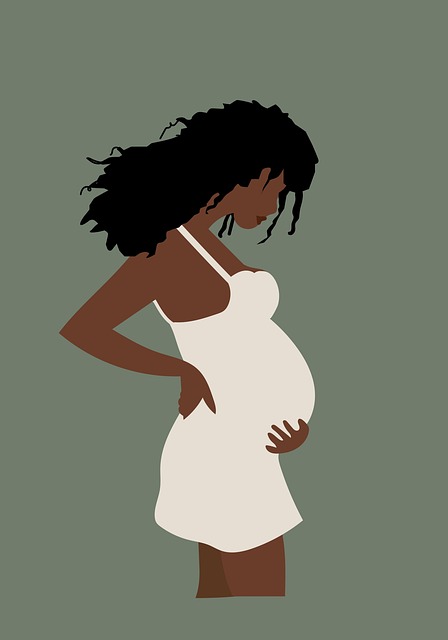When it comes to understanding the world of fertility, two terms often come up: egg quality and egg quantity. These concepts can sound a bit technical, but let’s break them down in a friendly way.
The Role of Age
First off, age plays a significant role in both egg quality and quantity. As women get older, their ovarian reserve—essentially the number of eggs they have—gradually decreases. This decline becomes more pronounced around the age of 35. At this point, not only does the quantity of eggs drop, but the quality also tends to suffer, leading to a higher chance of chromosomal abnormalities in the eggs.
How to Gauge Your Egg Supply
Now, you might be wondering how to gauge your egg supply. Unfortunately, there isn’t a foolproof test that tells you exactly how many eggs you have left or if the eggs being released each month are in good shape. Instead, healthcare providers often rely on a mix of tests that give clues about ovarian reserve. These can include measuring follicle-stimulating hormone (FSH) and estradiol levels, as well as anti-Müllerian hormone (AMH) levels and antral follicle counts.
Considering Egg Freezing
For those who aren’t planning to conceive right away, egg freezing is a fantastic option. It allows women to preserve their eggs while they’re still in great condition, which can be a lifesaver down the road if they encounter difficulties with fertility later in life. If you’re interested in this option, check out this other blog post for more insights.
Home Insemination and Assisted Reproductive Technologies
On a related note, if you’re considering home insemination, you might find this site helpful for guidance. And if you’re curious about various assisted reproductive technologies, Healthline offers some excellent information on IVF and other options.
Conclusion
In summary, understanding egg quality and quantity is crucial for anyone considering fertility options. Age is a key factor that influences both, and while there are tests to help gauge ovarian reserve, they don’t provide a complete picture. For those thinking ahead, egg freezing can be a proactive step to take.

